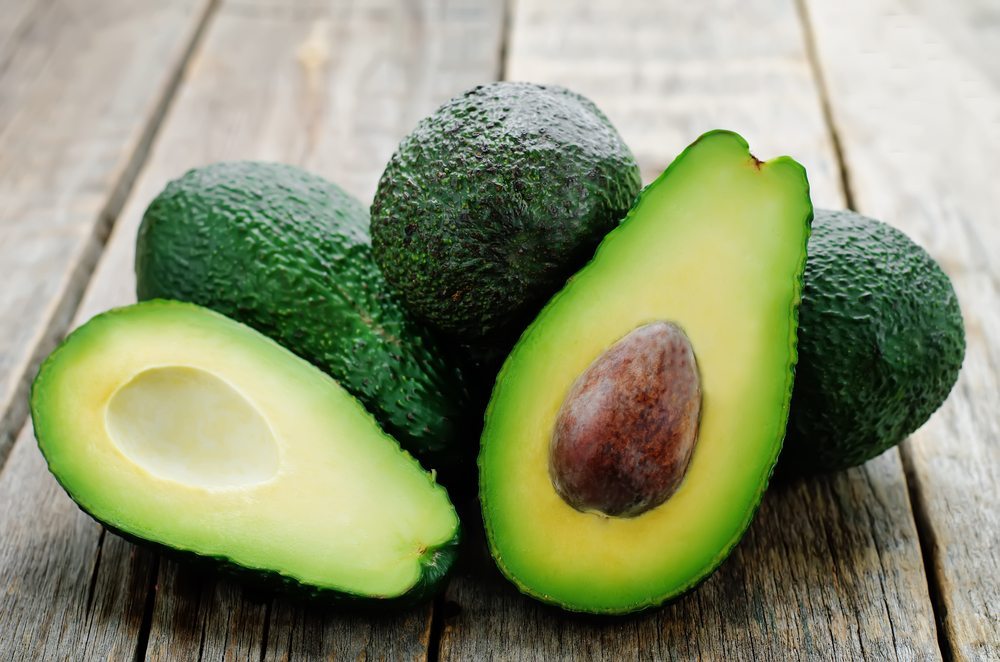
Cutting your carbohydrate intake in favor of a high-protein, high-fat diet is one of the simplest ways to get lean fast.
As long as you stick to whole foods and get the right ratio of protein, carbs, and fat, this way of eating will accelerate fat loss and preserve muscle mass so as to optimize body composition.
Eating more protein and fat is also an efficient way to improve health and decrease risk factors for cardiovascular disease, cancer, and diabetes. However, there are many mistakes that can be made on reduced-carb diets that have profoundly negative effects.
Low-carb diets gone wrong can hinder fat loss, cause massive hormone imbalances, produce chronic inflammation, or have other ill effects that lead to higher disease risk and make you feel terrible.
Troubleshooting a low-carb diet fits into two categories: simple issues and complex issues. The simple issues address the hidden things you may not be aware of, and once you fix them, it’s smooth sailing.
Complex issues tend to have to do with systemic imbalances that mean your body is not functioning as it should. They’re harder but more important to fix because if you don’t, you may be increasing your disease risk.
This article will address both types of issues and provide strategies for troubleshooting. For the more complex issues it is recommended that you get a health professional to assist you.
#1. Your carb intake is too high for fat loss.
Low-carb, high-protein diets are effective for fat loss. This is a scientific fact. But, low-carb is a vague term.
If your goal is ketosis such that body runs on fat versus glucose, carb intake needs to be below 50 grams a day to achieve fat loss, according to a review in the American Journal of Clinical Nutrition.
Solution: Avoid all refined carbs and get your 50 grams from vegetables and select fruits, such as berries and other low-carb fruits. Eliminate all grains—whole and processed.
#2. Eating too much protein if your goal is ketosis.
Higher protein diets are ideal for reducing body because they improve satiety, reduce hunger, and preserve lean body mass when losing weight.
However, if you go overboard and eat too much protein than the body needs, some of the amino acids in the protein will be turned into glucose via a process called gluconeogenesis. This will reduce the body’s ability to burn fat and may hinder fat loss, particularly if your goal is ketosis.
Solution: Lower your protein intake in favor of low-carb vegetables and fats. Be sure to eat high-quality protein from animal and seafood sources so that you get the greatest amino acid intake per calorie.
In addition, you can check for ketones with a urine test to get a general sense of where you’re at. Unfortunately, these tests are not very reliable because the level of ketones in the urine doesn’t necessarily reflect the level in the blood. Ketone blood tests are another option but are very expensive.
#3. Poor gut health due to a diet high in animal protein and low in indigestible fiber.(NEXT PAGE)
CLICK THE ORANGE NEXT BUTTON BELOW TO CONTINUE READING … >